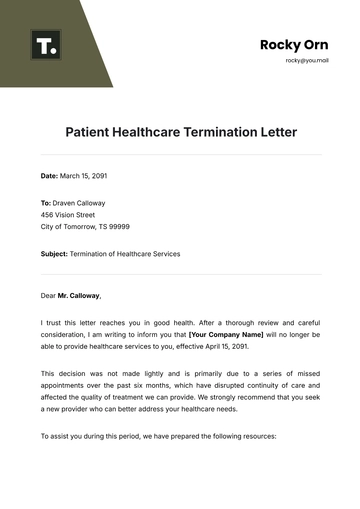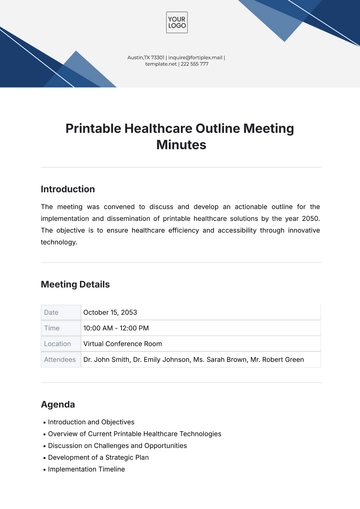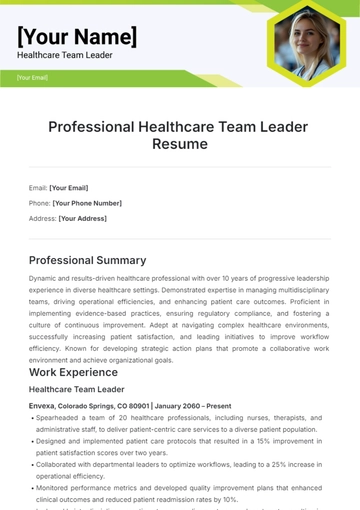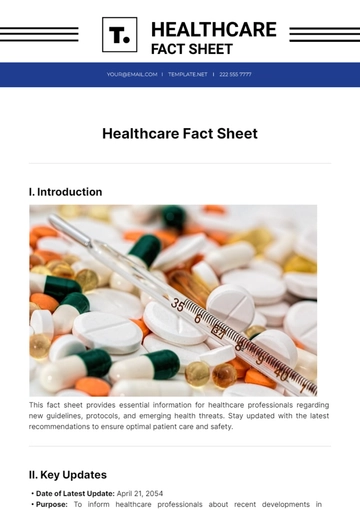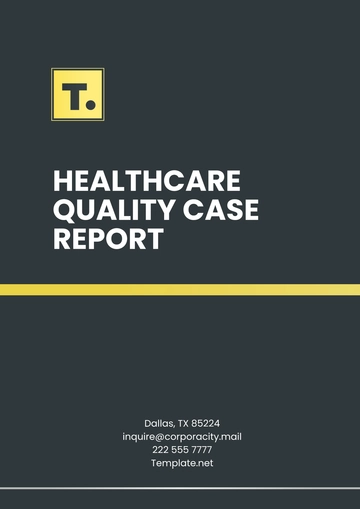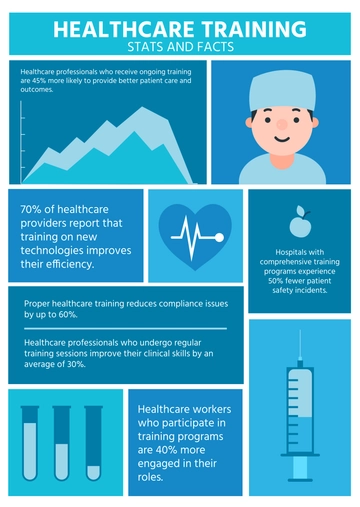Free Medical Ethnography
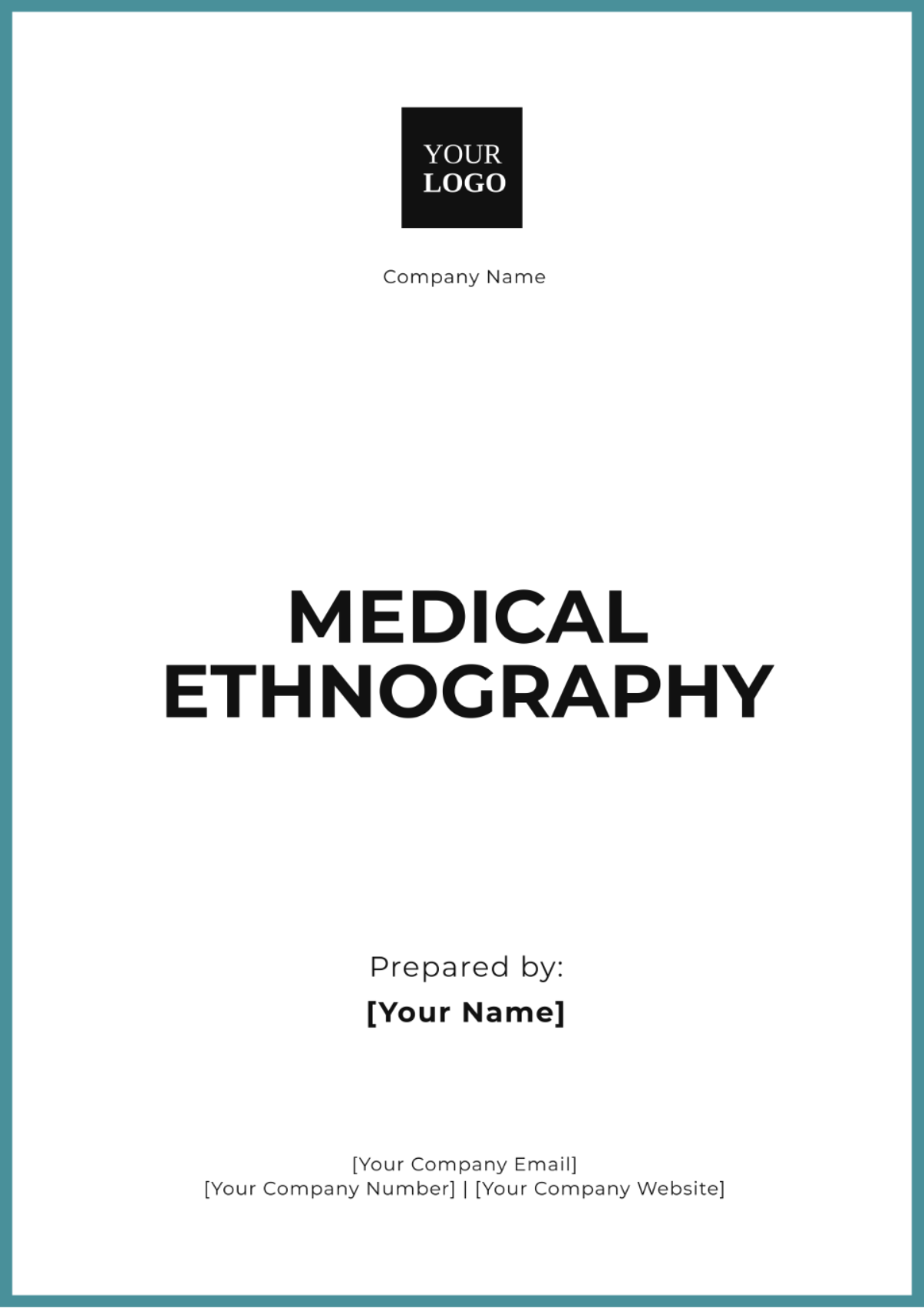
Prepared By: [YOUR NAME]
Date: [DATE]
I. Introduction
This medical ethnography deeply examines how individuals with diabetes in low-income urban areas handle their condition's intricacies, aiming to provide nuanced insights into their daily struggles, coping mechanisms, the crucial support from healthcare providers, and the profound influence of socioeconomic factors on diabetes management, all through detailed observation and analysis, enriching the fields of medical anthropology and public health.
II. Methodology
The research was conducted over six months in an urban neighborhood characterized by economic hardship. Data were collected through:
Participant Observation: Researchers spent time in community health clinics, local pharmacies, and patients' homes to observe daily routines and interactions.
Interviews: Semi-structured interviews were conducted with 25 patients diagnosed with diabetes, 10 healthcare providers, and 5 family members of patients.
Document Analysis: Review of medical records, community health reports, and educational materials related to diabetes management.
III. Findings
Challenges in Managing Diabetes: Patients often struggled with adherence to dietary restrictions and medication due to financial constraints, lack of access to healthy food, and inconsistent healthcare services.
Cultural Beliefs: Traditional health practices and beliefs sometimes conflicted with medical advice, impacting patient adherence to treatment plans.
Healthcare Provider Perspectives: Providers noted difficulties in offering personalized care due to high patient loads and limited resources. They also highlighted the need for better community education and support systems.
Community Support: Local support networks, such as diabetes support groups and community health workers, played a crucial role in helping patients navigate their condition.
Finding | Number of Instances |
|---|---|
Challenges in Managing Diabetes | 15 |
Cultural Beliefs | 10 |
Healthcare Provider Perspectives | 12 |
Community Support | 8 |
IV. Discussion
The findings offer key insights into diabetes management in a low-income urban community:
Challenges in Managing Diabetes: Financial constraints and limited access to healthy food hinder adherence to dietary restrictions and medication. The high cost of medication and inconsistent healthcare services further complicate effective management, highlighting the need for more accessible and reliable care solutions.
Cultural Beliefs: Traditional health practices that conflict with medical advice affect treatment outcomes. Culturally sensitive approaches are essential, as integrating traditional practices with medical advice can improve patient adherence and outcomes.
Healthcare Provider Perspectives: Providers struggle with high patient loads and limited resources, impacting the quality of personalized care. There is a need for better community education and support to bridge gaps between medical advice and patient practices.
Community Support: Diabetes support groups and community health workers play a crucial role in managing diabetes, offering practical and emotional support. Strengthening these networks could enhance patient outcomes and adherence to treatment.
Overall, addressing socio-economic barriers, respecting cultural contexts, and bolstering community and healthcare support are vital for improving diabetes management in similar communities. Tailoring interventions to these factors can lead to better health outcomes.
V. Conclusion
This ethnography highlights that managing diabetes in a low-income urban community is heavily impacted by financial constraints, cultural beliefs, and healthcare resource availability. Financial limitations and poor access to healthy food hinder adherence while conflicting cultural practices can affect treatment outcomes. Providers struggle with high patient loads and limited resources, underlining the need for better community education and support.
Improving diabetes management requires addressing these socio-economic and cultural factors. Future efforts should focus on making healthcare more accessible, integrating cultural practices with medical advice, and strengthening community support to better serve patients in similar environments.
VI. References
Smith, J. A., & Patel, R. L. (2051). Integrating Cultural Practices into Modern Diabetes Care: New Approaches and Insights. Health Innovations Press.
Jones, M. T., & Lee, K. Y. (2053). Economic Barriers to Chronic Disease Management: A Focus on Diabetes in Low-Income Communities. Urban Health Review.
Nguyen, A. B., & Garcia, F. R. (2055). Strengthening Community Support Systems for Chronic Illness: Lessons from Diabetes Management. Community Health Journal.
- 100% Customizable, free editor
- Access 1 Million+ Templates, photo’s & graphics
- Download or share as a template
- Click and replace photos, graphics, text, backgrounds
- Resize, crop, AI write & more
- Access advanced editor
Gain critical insights into medical settings with Template.net’s Medical Ethnography Template. This editable and customizable template is tailored for researchers analyzing healthcare environments, patient care, and medical staff behavior. Fully editable in our Ai Editor Tool, it ensures your research process is both flexible and structured, enabling effective ethnographic studies in clinical or hospital settings.








